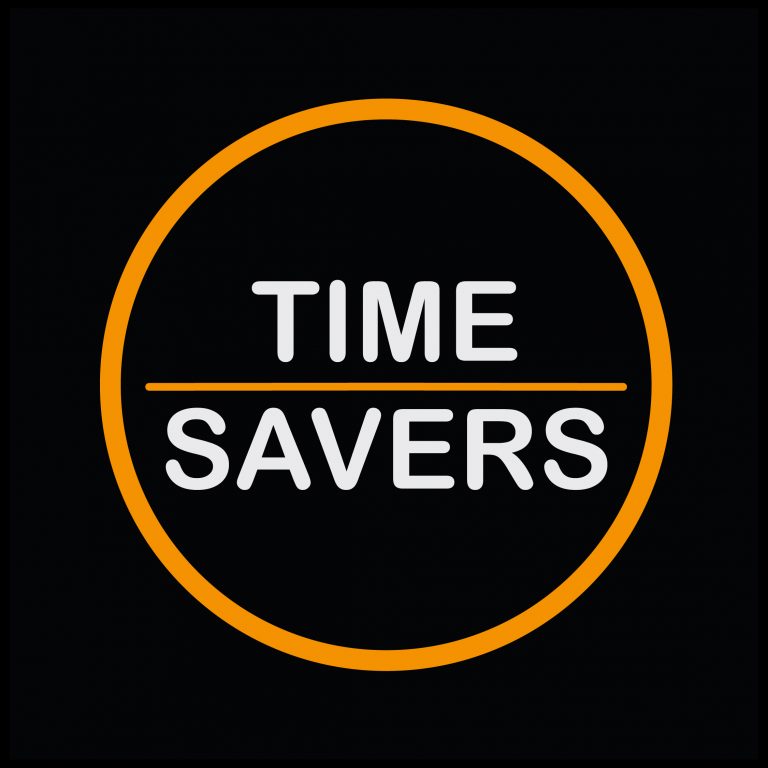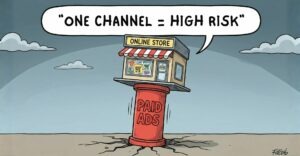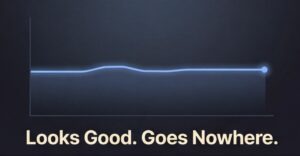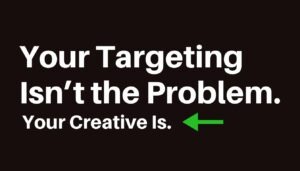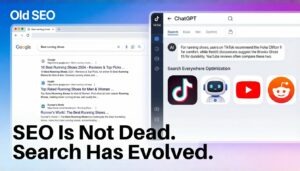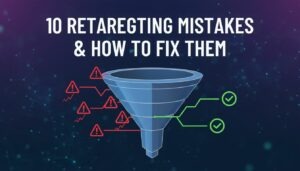The word “webinar” is a portmanteau of “Web” and “Seminar”. That should tell you everything you need to know, but if it doesn’t, allow me to elaborate.

If you wish to give a speech or a Q&A session that people from all over the world will be able to watch and learn from, giving a “webinar” can be a great way to get a wider audience, and you won’t need to worry about the restrictions that geography can provide.
Most webinars are done either via Zoom or YouTube.
It’s not just for academics; you could put on a webinar which is essentially one massive advert. If you’re selling houses, you can talk about why the housing market is so bad, and how people can’t afford their own homes.
Why webinars are effective
Thanks to the internet, not only can you now be aware of who your customers are, but you can also keep on top of the people who could potentially be your customers one day. You might refer to these people as your “leads”.
Leads are going to be more likely to one day hand over their money than people whom you meet on the street, which is why lead management is such a vital part of running an online business.
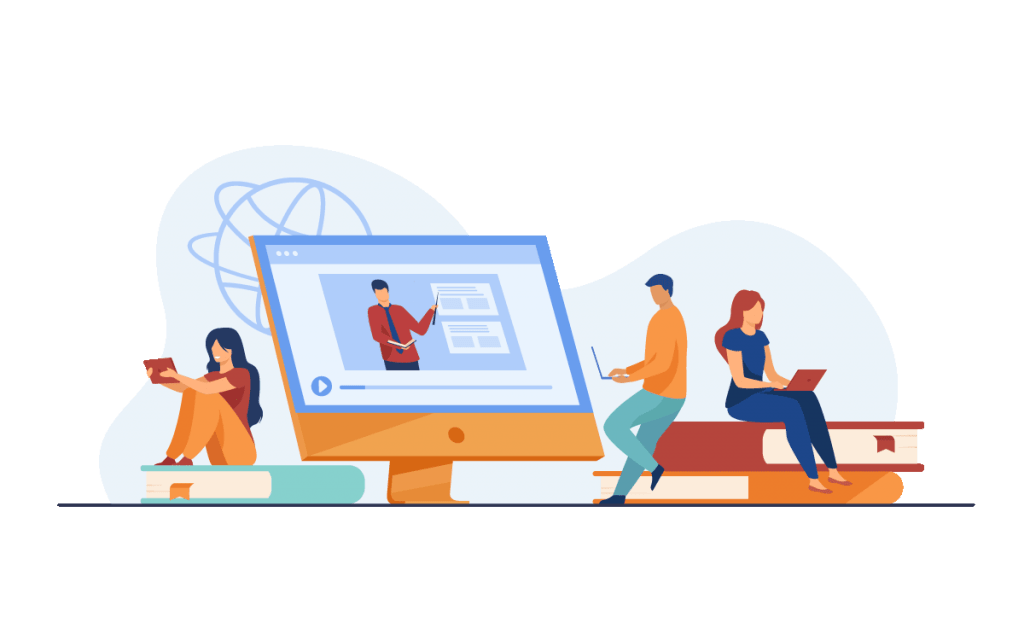
When you create a webinar that requires signup, every one of those people is now a lead. You have their contact information which you can use to get in touch with them, to market via email or phone marketing.
Contrepreneurs
The issue, however, with webinars is that some have come to associate them with contrepreneurs. “Contrepreneur” might seem like a made-up word, but you’ve probably seen them advertised on YouTube before.
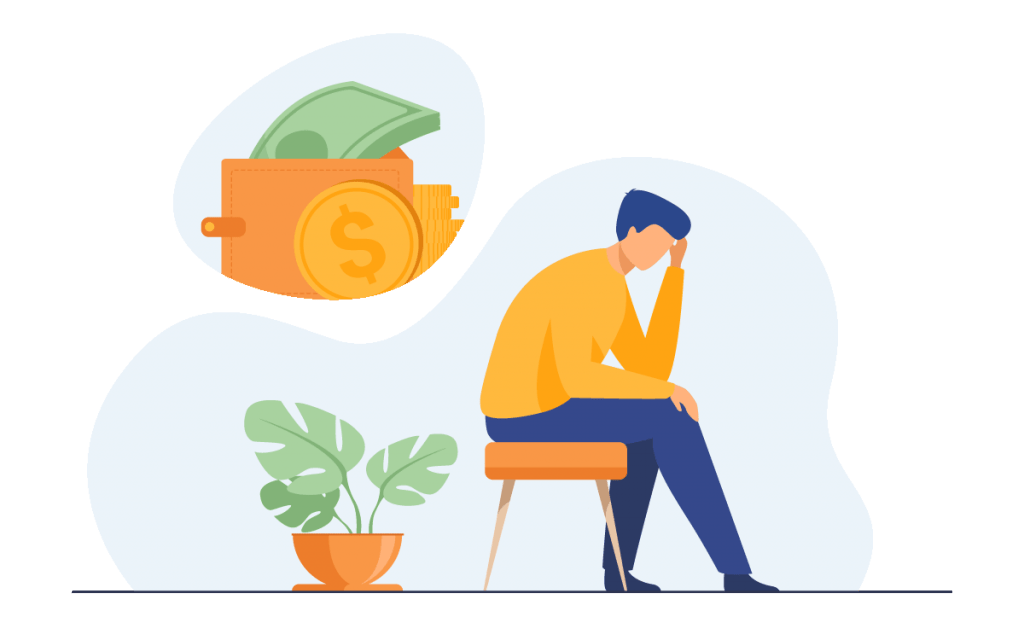
A contrepreneur is someone who pretends to be a self-made millionaire, who out of the kindness of their heart, is willing to teach you everything they know about how to get rich. And almost all of them like to host webinars.
Honesty
The first thing to do to prevent your webinar from seeming like a scam is quite simply, to be honest. Tell people what you’ll be talking about, and don’t oversell.

If you’re in the housing industry, you shouldn’t be telling people that this time next year, they’ll own seven houses and be making a living as a millionaire landlord.
Instead, tell them that if they’re new to the world of housing, they’ll get a better understanding of how it all operates.
Lay out the agenda
Make it clear what you’ll be talking about. During the promotion of your webinar, make sure you have an exact list of the things which you will discuss, and whilst you can leave your audience wondering, you should avoid sounding like a snake oil salesman.
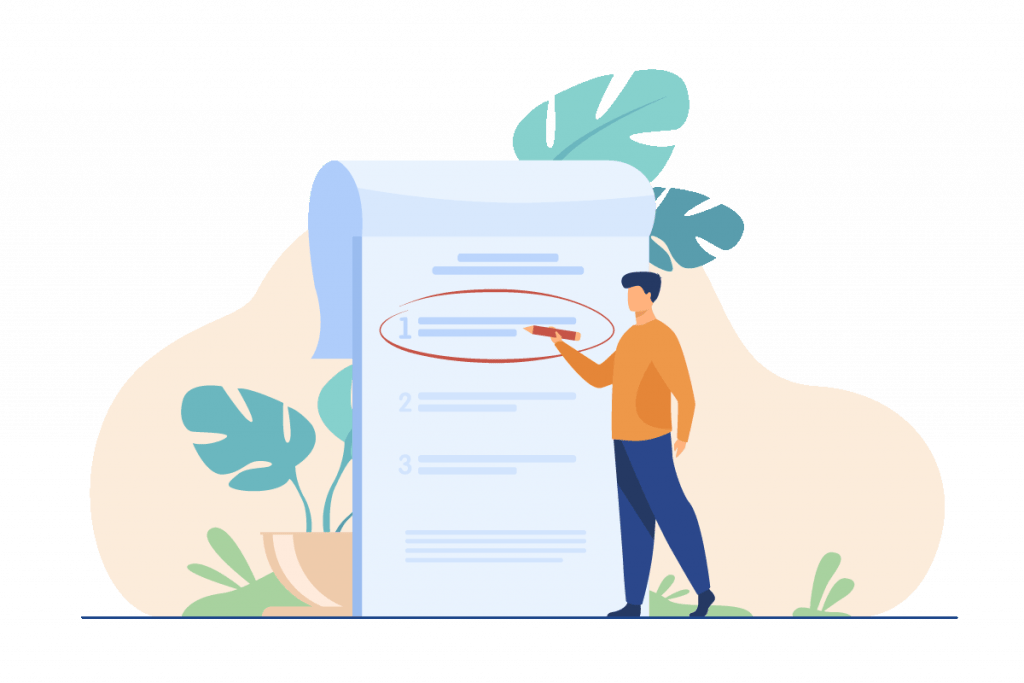
If you’re talking about houses, talk about houses. There is no need for you to be talking about stock markets, bitcoin, FTSE, or anything of that sort. People have come to learn about houses, not to get a degree in economics.
If people know what the webinar will be about, they’ll be more likely to attend as they’ll know they’re going to be interested.
Eventbrite or LinkedIn
You want to come across as professional. Even if you only have one confirmed attendee, you want to make it seem like spaces are short. A great way to make sure people think of you as a legitimate company is to use a website like Eventbrite that allows you to give tickets to your webinar away. You can also use “LinkedIn Lead Gen“.
By working with these other platforms, viewers will be more likely to think you’re legitimate as these large platforms are willing to work with you.
Do it live
One of the most common tricks that these contrepreneurs like to use is to put on a “live” webinar, which they have actually pre-recorded. This allows them to recycle the same bull over again.
When you do it live, you’re showing your leads that you have taken the time to give this speech, and it isn’t just some marketing gimmick that only suckers fall for.
A great way to show that you’re recording live is to read what people are saying on Twitter or in the comments. People will notice that you’re talking about posts which they posted minutes or even seconds ago.
Audience participation
Another great way to show that you’re not trying to scam people is to use audience participation. But it would help if you did it correctly. Otherwise, it could have the opposite effect than you intended.
When asking questions to your audience, you should avoid asking questions along the lines of “Are you happy with your life?” “Do you want to learn how to XXX?”

Instead, try asking the sorts of questions that you might find during a pub quiz. For example “Who knows what the average age of a new homeowner is?” “How many houses are sold each year in the UK?”
People will be more likely to listen to find out the answer to the question, but also feel confident that you know what you’re talking about.
Conclusion
The webinar can be the perfect way to generate leads. People who spend an hour watching a talk about houses are likely to have at least some interest in buying one. When the time is right for these people, you’ll be there to pounce on the opportunity.

However, thanks to people like Dan Lok, they now have some negative connotations. Luckily, this is not the end of the webinar.
You need to make sure you’re honest, and you don’t oversell. Make sure everyone knows what you’ll be talking about. Use Eventbrite or LinkedIn Lead Gen. Do it live and show it by reading the comments/tweets aloud and with audience participation.
Thumbnail Designed by Freepik.com

